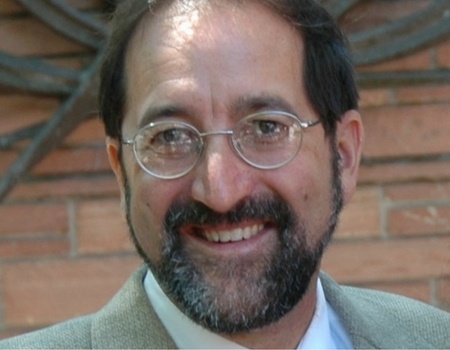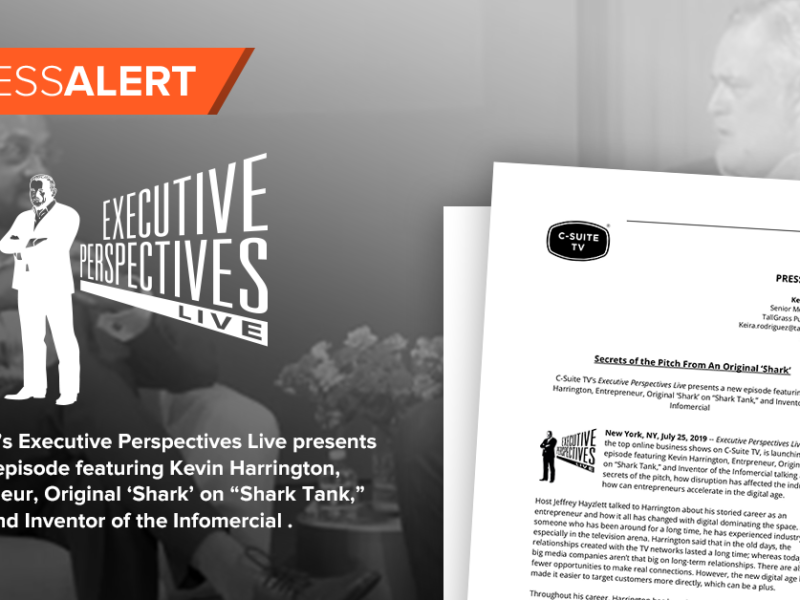
5 minutes with… David Smernoff, co-founder & CTO at HelioBioSys.
5 minutes with… David Smernoff, co-founder & CTO at HelioBioSys. https://csuiteold.c-suitenetwork.com/wp-content/uploads/2017/10/5-minutes-with-david-smernoff-co-founder-cto-at-heliobiosys.jpg 450 350 C-Suite Network https://csuiteold.c-suitenetwork.com/wp-content/uploads/2017/10/5-minutes-with-david-smernoff-co-founder-cto-at-heliobiosys.jpg
“We envision having a full-scale integrated biorefinery producing high-value bioplastics and gels – at that scale we can generate sufficient biomass to support a modest biofuel component.”
Biochemical company, HelioBioSys, came into the news in August this year after it patented an organism that is seven-times more effective than algae in the production of biofuels. To create the highly efficient and robust bacteria the US company used the latest techniques – fed by energy from the sun and carbon and nitrogen from the atmosphere – to ferment into biofuels or chemical intermediates.
The man behind HelioBioSys, the co-founder and chief executive officer, David Smernoff, is the subject of this week’s 5 minutes with… David generously shares with Dave Songer some details of how it all began for HelioBioSys, the role that biofuels have to play in the future and the highs and lows of working in the bio-based industry.
Dave Songer (DSo): It’s a pleasure to meet you, David. Can I start by asking what first inspired you to work in the bio-based industry?
David Smernoff (DS): Seeing the first photo of Earth from Space (Apollo 8) and the Apollo 11 moon landing made me appreciate the wonder and frailty of our planet. These events triggered my passion for environmental preservation and stewardship.
I learned about climate change during my first year as a graduate student at Stanford in 1987. My research focused on the interaction between elevated effects of CO2 and nitrogen nutrition on plant growth, and from that time I knew I wanted to focus on ways to reduce fossil fuel consumption. Much of my career looked at creating life support systems for humans (NASA-Ames), but I always maintained a strong interest in protecting the life support systems on Earth for humans and all life.

In 2009 my co-founder and I started to discuss ways to support the biofuel industry using our expertise in microbiology and ecology. We wanted to do something to reduce fossil fuel dependence to improve public and environmental health. Our background led us quickly to cyanobacteria as a useful engine, along the way we have pivoted a few times to address the hard realities of challenging the embedded fossil fuel and plastics industries.
(DSo): Fascinating, how did you achieve that?
(DS): We started by genetically modifying a cyanobacteria to produce ethanol directly. It worked well, so much so that they poisoned themselves with ethanol, and the volatilization problem made us realise it would be very expensive to maintain healthy cultures and siphon off the ethanol efficiently. We then decided to co-culture the modified cyanobacteria with yeast, which also worked pretty well and led us to settle on cyanobacterial sugar production as our core feature. Following that we integrated nitrogen fixing species and strong sugar producers into our consortium. The volatility of the biofuel and sugar markets – plus the complex nature of the polysaccharide – led us to our more recent pivot, focusing on polysaccharide production and conversion to bio-based materials.
(DSo): What do you enjoy most about your job?
(DS):The most enjoyable part of this work is collaborating with such a diverse range of experts who are passionate about overcoming the technical and economic challenges facing the bioeconomy. Since we began, we’ve meet biologists, engineers and business experts and have really enjoyed working with them all and learning from them.
Amusingly, I even love the long hours, low pay and uncertainty! It’s also great to wait for months to hear about another grant application not being funded.
(DSo): What advice would you give someone looking to get started in the bio…






